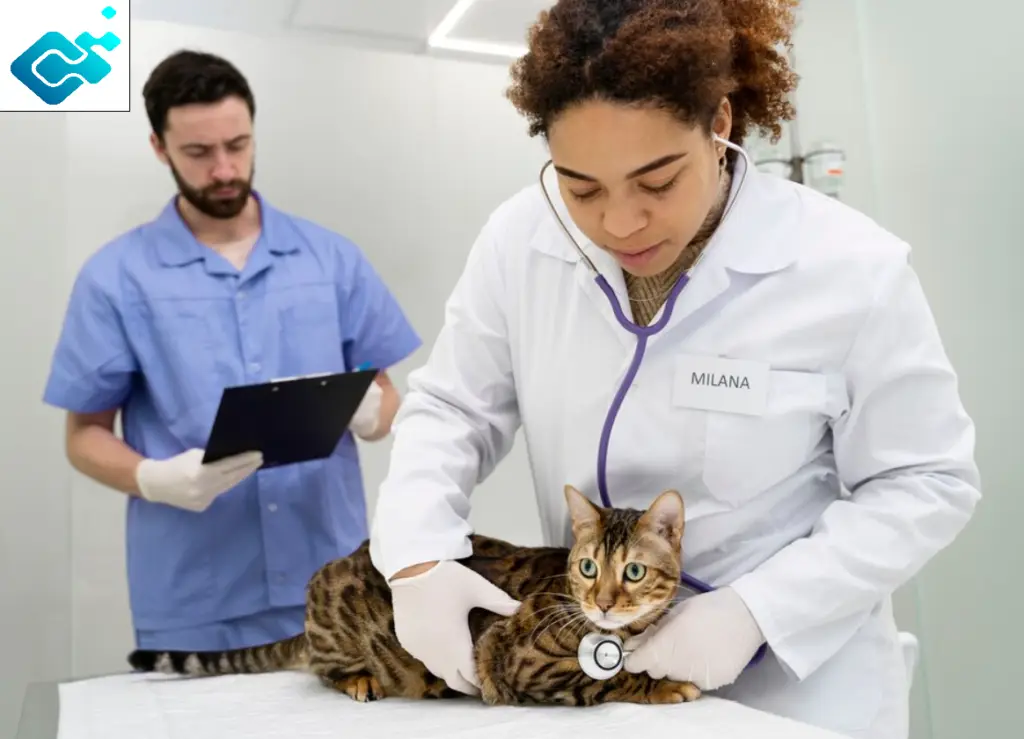Clinical trials solutions for animal health play a critical role in advancing veterinary medicine by ensuring the safety and efficacy of new treatments, vaccines, and therapies. These trials provide essential data that drive innovation and improve the quality of care for animals across species. Animal health clinical trials focus on various aspects, from preventive care to therapeutic interventions, all while adhering to strict regulatory guidelines.
In this guide, we’ll delve into the different facets of clinical trials solutions for animal health, exploring how these trials are conducted, the regulatory landscape, and the key considerations for running successful studies. By the end, you’ll have a comprehensive understanding of the processes involved and how these trials impact veterinary medicine.
What Are Clinical Trials in Animal Health?
Clinical trials in animal health are controlled research studies conducted to evaluate the effectiveness and safety of new veterinary products such as drugs, vaccines, and medical devices. These trials are crucial for testing the safety and efficacy of treatments before they reach the market. Animal health trials typically follow a phased approach, similar to human clinical trials, where each phase aims to answer specific questions about the product’s performance.
The Importance of Clinical Trials in Animal Health
Clinical trials are essential in bringing innovative treatments and preventative solutions to the veterinary market. They help identify side effects, determine appropriate dosages, and ensure that new therapies are both safe and effective for animals. Without these trials, veterinarians and pet owners would lack confidence in using new treatments, making it difficult to improve animal care standards.

Regulatory Requirements and Compliance in Animal Health Clinical Trials
Animal health clinical trials are governed by strict regulatory requirements set by agencies like the FDA’s Center for Veterinary Medicine (CVM) in the U.S. and the European Medicines Agency (EMA) in Europe. Compliance with these regulations is non-negotiable and involves detailed protocols, ethical reviews, and adherence to Good Clinical Practice (GCP) standards. These guidelines are in place to ensure that the welfare of the animals is prioritized and that trial data is reliable and robust.
Phases of Animal Health Clinical Trials
Similar to human medicine, animal health trials are conducted in phases:
- Preclinical Phase: Before testing in animals, laboratory and cell studies are conducted to gather preliminary data on the treatment.
- Phase 1: Focuses on evaluating the safety of the treatment in a small group of healthy animals.
- Phase 2: Expands the testing to a larger group, including animals with the condition being studied, to determine efficacy.
- Phase 3: Large-scale trials are conducted to confirm the effectiveness and monitor side effects in diverse animal populations.
- Phase 4 (Post-Marketing Surveillance): After approval, continuous monitoring is carried out to track long-term effects and effectiveness.
Best Practices for Conducting Animal Health Clinical Trials
Running a successful animal health clinical trial requires meticulous planning, ethical considerations, and rigorous execution. Key best practices include:
- Protocol Development: Clear, well-defined protocols outlining objectives, methodology, and analysis plans.
- Animal Welfare: Ensuring humane treatment and ethical standards are maintained throughout the trial.
- Data Collection and Analysis: Accurate and consistent data collection is essential for drawing valid conclusions. Data integrity is crucial for both the regulatory submission and for the product’s success.
Common Challenges in Animal Health Clinical Trials
Conducting clinical trials for animal health isn’t without challenges. Some of the most common hurdles include:
- Recruitment and Retention: Finding suitable candidates for trials and ensuring their continued participation can be challenging.
- Ethical Considerations: Balancing the need for research with the ethical treatment of animals is a constant concern.

Advancements in Animal Health Clinical Trial Technology
The integration of new technologies is transforming how clinical trials in animal health are conducted. Innovations like AI-driven data analysis, electronic data capture (EDC) systems, and wearable devices for animals are making it easier to gather real-time data and improve trial outcomes. Additionally, advanced modeling and simulation techniques are helping researchers predict trial results more accurately, reducing the time and resources needed for trials.
How to Select the Right Clinical Trial Partner for Animal Health Studies
Choosing the right partner to conduct animal health clinical trials is critical. A good contract research organization (CRO) will have experience in veterinary studies, a strong understanding of regulatory requirements, and a proven track record in delivering reliable results. Key factors to consider when selecting a partner include:
- Experience and Expertise: Look for CROs with specific experience in the species and type of treatment you’re developing.
- Regulatory Knowledge: Your partner should be well-versed in the regulatory landscape to ensure compliance and streamline the approval process.
- Technology and Infrastructure: The use of advanced tools for data collection and management can significantly impact the trial’s success.
Future Trends in Clinical Trials for Animal Health
The future of animal health clinical trials lies in precision medicine, personalized veterinary care, and the integration of big data. As technology continues to evolve, expect to see more targeted therapies designed for specific breeds or conditions.
Conclusion
Clinical trials are the backbone of advancing veterinary medicine and ensuring that the treatments we provide to our animals are both safe and effective. As the field evolves, embracing new technologies and adhering to best practices will be key to overcoming challenges and driving innovation in animal health.

